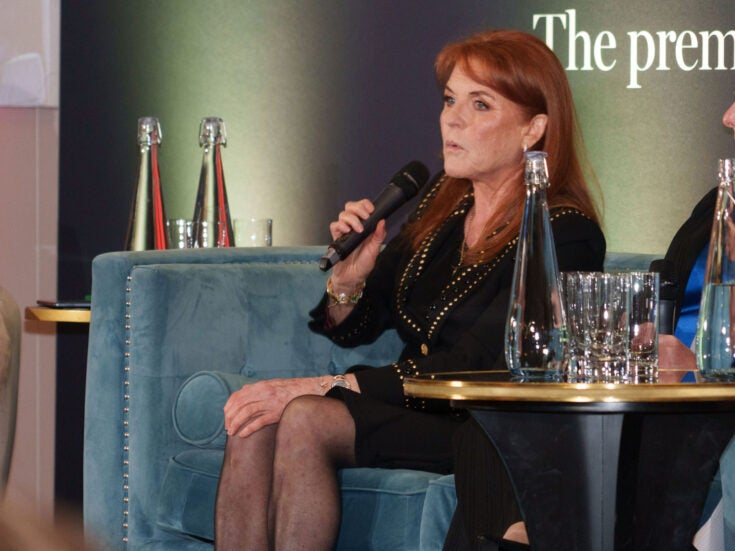
Philanthropy plays a more crucial role with job cuts and closures plaguing public libraries, says Shona Curvers.
With shelves of books, ranging from kids stories to epic tragedies and everything in between, public libraries have long been cherished.
But public libraries are facing a murky future. A recent BBC investigation revealed that over the last 6 years, 343 publicly-funded libraries have closed down, and almost 8,000 jobs in libraries no longer exist. This equates to around one quarter of the total number of staff working in libraries.
Facing this reality, communities around the country have sprung into action in order to keep their local libraries open. 15,500 volunteers have been recruited over the last six years in response to staff cuts: an impressive testament to this activism.
But the mobilisation of communities in response to public library funding cuts comes as no great surprise. Libraries are valued by residents for being so much more than big rooms full of books. They act as safe and inclusive community hubs; physical spaces where diverse local residents can come together and interact with their neighbours.
Primrose Hill Community Library, for example, was taken over by local residents following cuts to public funding in 2011, and has broadened the library’s scope by including a monthly film club. As part of this, special efforts are being made to showcase the work of local filmmakers. Initiatives such as this have supported the transformation of libraries from statutory services into valuable community assets.
Libraries have also long provided opportunities for volunteers to get involved in their local community, bringing with it an increase in civic participation and a more inclusive society. The increased involvement of volunteers in public libraries, however, has not come without controversy. It’s important that volunteers are effectively trained, supported and managed in order for them—as well as their employers and wider beneficiaries—to truly enjoy the benefits that volunteering has to offer. The risk otherwise is that free staff simply fill a gap left behind by budget cuts.
With so many public libraries handing over management and control to local volunteers, and in light of changes to the public library sector as a whole, a space has opened up for the increased support and involvement of philanthropists. In fact, individuals have become some of the biggest donors for arts and cultural organisations as the government reduces funding in this area.
For many donors, this is unfamiliar territory. Whilst some public libraries have adopted charitable status, there are many different models that exist, each retaining varying degrees of public sector engagement. Philanthropists and cultural organisations need to build meaningful relationships in order for them to truly understand the impact that donations are having. Indeed, the increased participation of communities as a whole will be crucial for keeping library doors open.
With shelves of books still before us, but depleting in front of our eyes, perhaps the greatest tragedy of them all would be to look the other way at a time when the future of these valued community hubs stands in the balance.
Shona Curvers is a Researcher at NPC







